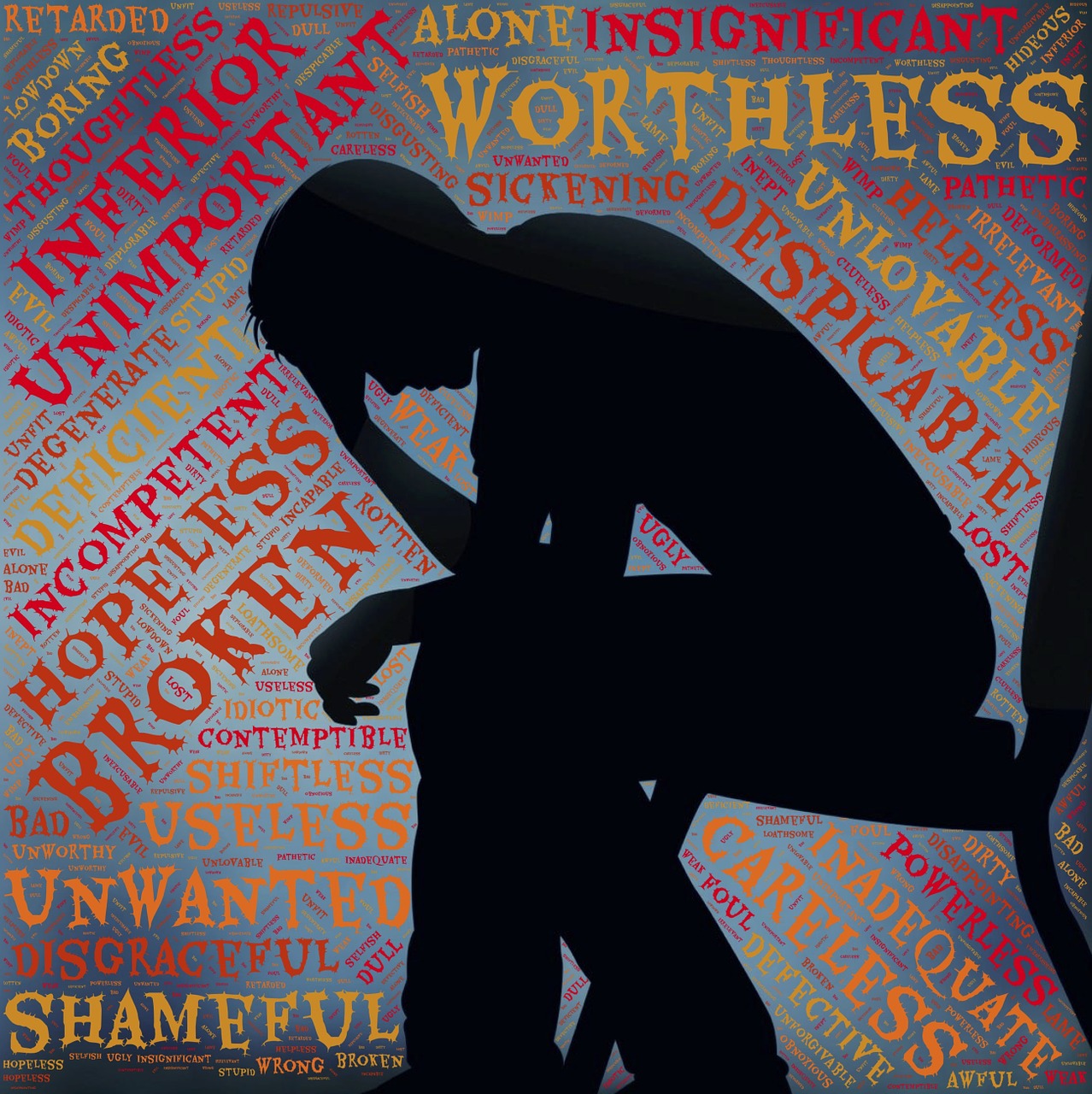Sanna Erelä, Project Coordinator
 What do we do when someone close to us appears to be in a desperate state, perhaps even expressing the intent to harm themselves? How do we support someone who has recently experienced the loss of a loved one to suicide? In Israeli society, the value of human life is immeasurable – more so than in some European countries, for example, where euthanasia has been legalized. If someone in Israel is suicidal, every possible effort will be made to save their life… by medics, psychologists, hospitals, governing authorities.
What do we do when someone close to us appears to be in a desperate state, perhaps even expressing the intent to harm themselves? How do we support someone who has recently experienced the loss of a loved one to suicide? In Israeli society, the value of human life is immeasurable – more so than in some European countries, for example, where euthanasia has been legalized. If someone in Israel is suicidal, every possible effort will be made to save their life… by medics, psychologists, hospitals, governing authorities.
This isn’t a popular topic of discussion among believers. Unsurprisingly, it’s something most people would prefer to avoid discussing. Yet this tragedy can also strike among believers and their loved ones. And it’s something that needs to be discussed.
When it was founded in 1982, the Caspari Center was a pioneering organization in the midst of a budding Messianic community. Today, the Messianic landscape has changed. The number of Messianic and Christian ministries in Israel has multiplied, with many people contributing to the blessing of this land. But we’ve recently had the privilege to be pioneers, again. This time, with our Taboo Forums. In conjunction with Machaseh, a non-profit charity association, we have created a safe space for believers to bring up controversial and painful issues.
Our first Taboo Forum was held in November, and the theme of it was domestic violence (which we covered here). The second one took place in January, on the topic of suicide. We had a panel of ministers and professionals from various backgrounds. But the most touching part of the evening was hearing the testimony of a panelist, who herself had lost a son to suicide, ten years ago. She shared openly about her terrible loss and about her recovery process. And by doing so, she paved the way for others to come forward during the evening. One participant revealed that she had recently lost a loved one to suicide, and another was brave enough to admit that years ago, she had attempted suicide, herself.
After the forum, it was clear to us that there was a need to address this complex topic more thoroughly. So we organized a Friday morning seminar dedicated to extensive teaching on the topic. We invited Dr. Katherine Snyder, Ph.D., Director of Anchor of Hope Family Counseling Center, to speak. During her 2-hour lecture, she gave valuable insight to the questions surrounding suicide. Questions, such as: Who is at risk? How can we help a desperate person? How do we support suicide loss survivors? How do we grieve, following a suicide? Will a person who committed a suicide go to heaven? What can a congregation do?
It was also useful to hear how not to help, and what not to say. When faced with someone else’s unbearable pain, we might be tempted to protect ourselves against it by speaking too much. At a loss for what to say, we find ourselves repeating platitudes. However, what our suffering friends long for most is support, a listening ear and just being there for them.
Faith in Yeshua can be a solid rock under our feet in the midst of the storms of life, but sometimes we believers can be like Job’s friends – unintentionally making things worse for a struggling neighbour. Judgmental or superficial bible teaching can increase hopelessness when it fails to minister God’s love. If the “taboo” topics are never touched upon in the pulpit and in a compassionate manner, the suffering congregants may easily feel rejected. A wide variety of resources and tactics are needed when helping desperate and depressed people. The leaders of a congregation can help in dispelling prejudices for example towards psychiatric medication. The pastor doesn’t need to know or solve everything, but he can create an atmosphere where depression is not a shameful thing. There is help and grace available for all our life crises.
The nature of pioneering work is to clear the path and pave the way for new beliefs and attitudes. It’s not always accompanied by immediate success. With our “Taboo” Forums we may face resistance, we may make mistakes, we are not instantly – or ever – able to attract very big crowds. Also finding speakers, who are willing to discuss “taboo” topics, has proven to be challenging. These topics are so formidable that the people we ask to be panelists are sometimes too intimidated to take them on.
But if we succeed in raising awareness or bringing attention to the need to discuss these things among believers, and if we pave the way for others to take these things up again in the future, we will have done our part. And if we, through this new medium of the “Taboo” Forums, can directly or indirectly encourage someone who has been crushed by the pain of life, we will consider the forums a great success.